
While the Chancellor of the Exchequer introduced a distance-based tax for electric cars – but not for HGVs or LGVs – in the 2025 Budget, the freight industry regards the eventual introduction of a road pricing scheme for HGVs as being inevitable. Based on modelling of freight transport flows in Great Britain, what could the impact of such a scheme be?
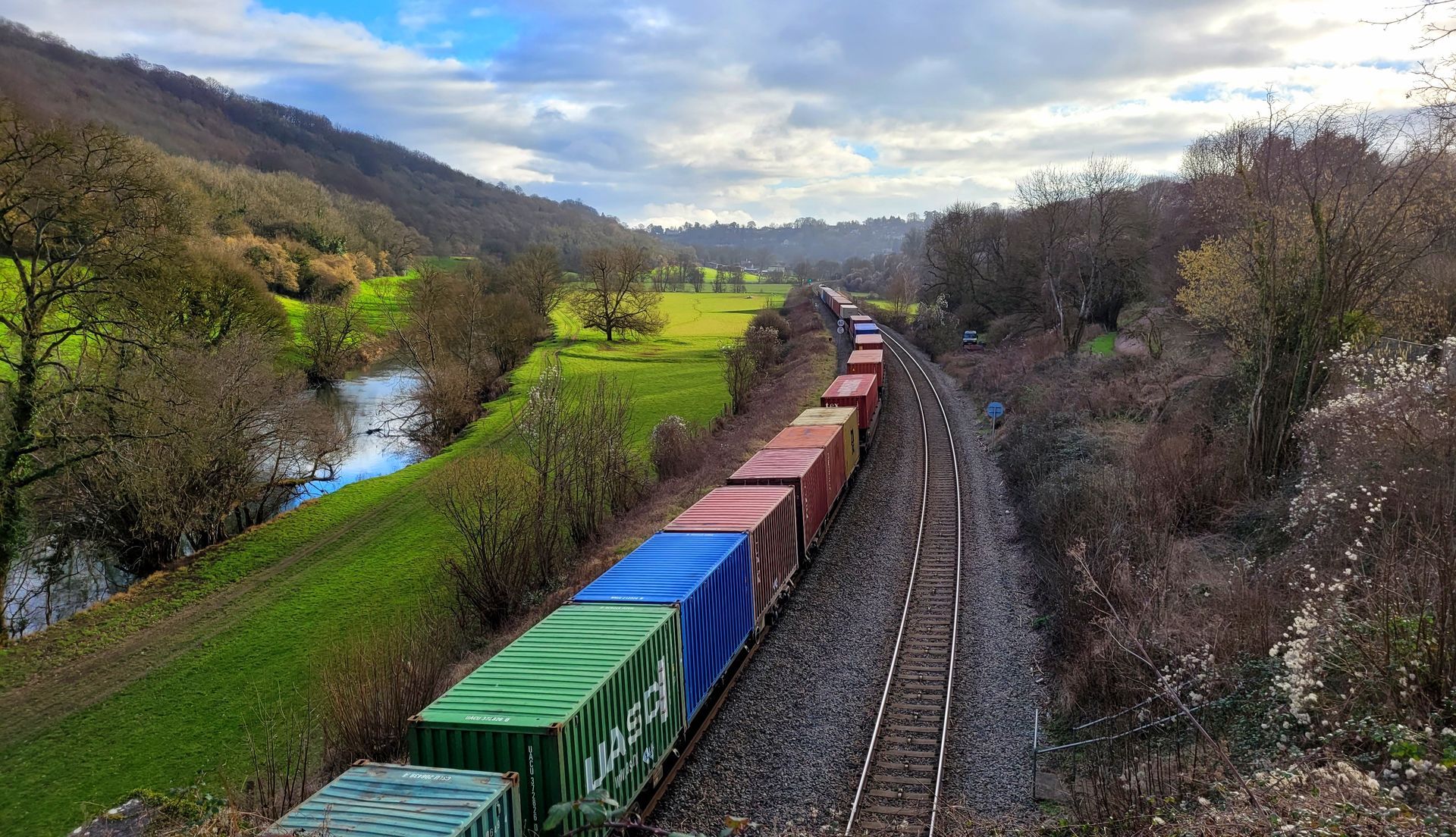
To support long-term strategic planning and investment in the UK rail freight sector, the Great British Railways Transition Team (GBR-TT) commissioned MDS Transmodal to produce detailed forecasts of future rail freight demand for the years 2040/41 and 2050/51. This analysis provides a scenario-based outlook on how evolving market conditions and policy decisions could shape the trajectory of rail freight over the coming decades.

This major study, carried out on a pro bono basis for MDST’s home city, used primary research techniques to establish any issues related to delivering goods into the historic city centre of Chester. The city has a very well-established pedestrianised zone, which means that deliveries of freight are banned in the city centre for most of the working day. The research highlighted some of the key issues that emerged, which mainly related to a lack of flexibility for logistics operators in making deliveries and a lack of choice for city centre residents for the collection of parcels using active modes of transport. The Report suggests some potential solutions and these are most likely to be a combination of minor, low-cost enhancements to the infrastructure for deliveries – such as well-designed loading bays and improved signage – allied with appropriate enforcement and more options for convenient parcel collections by city centre residents on foot or bicycle.

During the 2000s, fuel duty for road vehicles increased annually by the rate of inflation. While this policy has never officially been abandoned, between 2011 and 2022 the rate of duty was frozen, and then further reduced by 5p per litre in 2022 following the invasion of Ukraine. What has been the impact in terms of tax revenue and costs to the logistics industry?
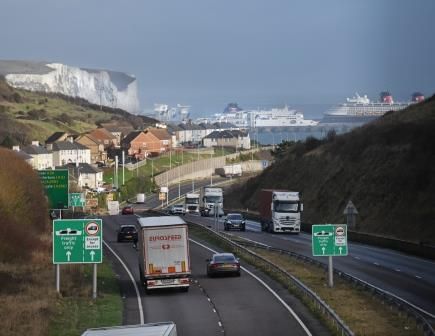
As the UK edges closer to the 2025 Budget, the fiscal landscape is dominated by a looming £25 billion deficit. With Fuel Duty forecast to decline in relative and absolute importance over the next 10-15 years, could road pricing for road freight transport be a potential new source of tax revenue for the Treasury?
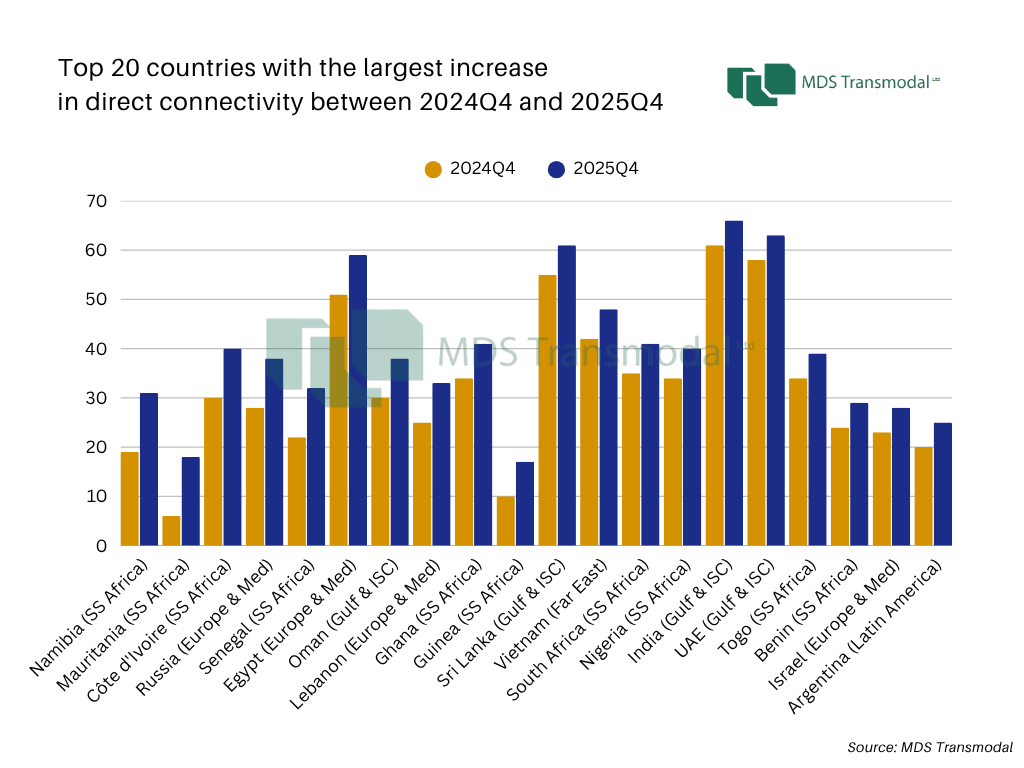
Global container shipping networks are showing renewed momentum, with developing markets emerging as key beneficiaries of shifting trade patterns. Data derived from the MDS Transmodal Containership Databank shows how new direct connections are reshaping the geography of maritime access as carriers adapt to post-pandemic flows and ongoing disruptions in the Red Sea.

Following the USA’s decision to increase the tariff on almost all steel imports from 25% to 50% (except from the UK, for which the 25% rate still applies), the EU has now responded by threatening to increase its own tariffs on imported steel – including from the UK – to 50% in order to protect its industry from ‘dumping’ of surplus steel by exporters such as China and India. As about 76% of its exports are to the EU, this could be devastating for the UK steel industry which is in the process of restructuring from carbon intensive blast furnaces to electric arc technology. How have past trends in global steel trade affected the current position and what do they mean for the UK?
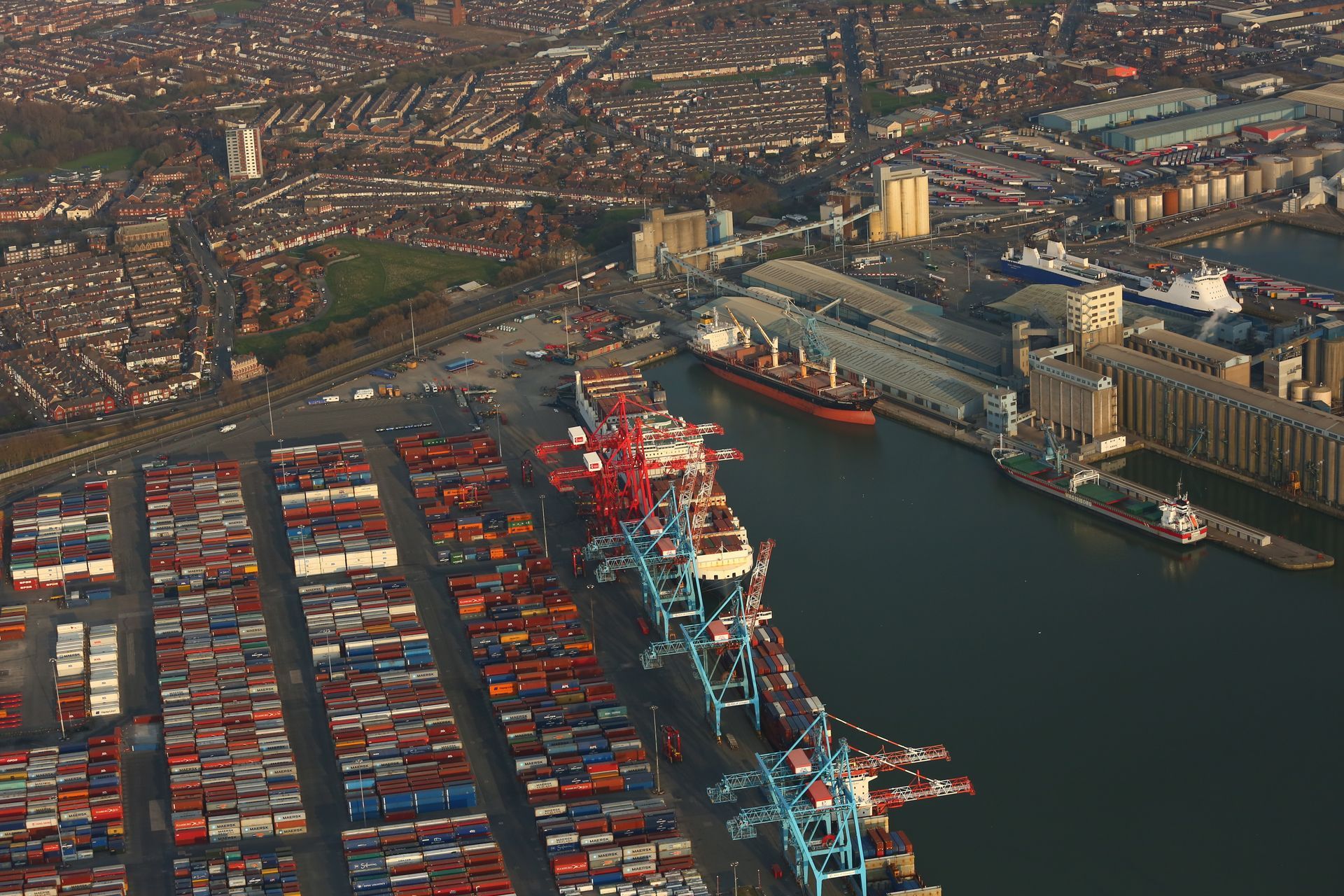
The draft National Policy Statement for Ports (NPSP), published for consultation in June 2025, outlines the UK Government’s updated strategic framework for port development in England and - as the only reserved trust port in Wales - Milford Haven. A key component of this draft NPS is the port traffic forecasts, which aim to guide long-term infrastructure planning through to 2050.
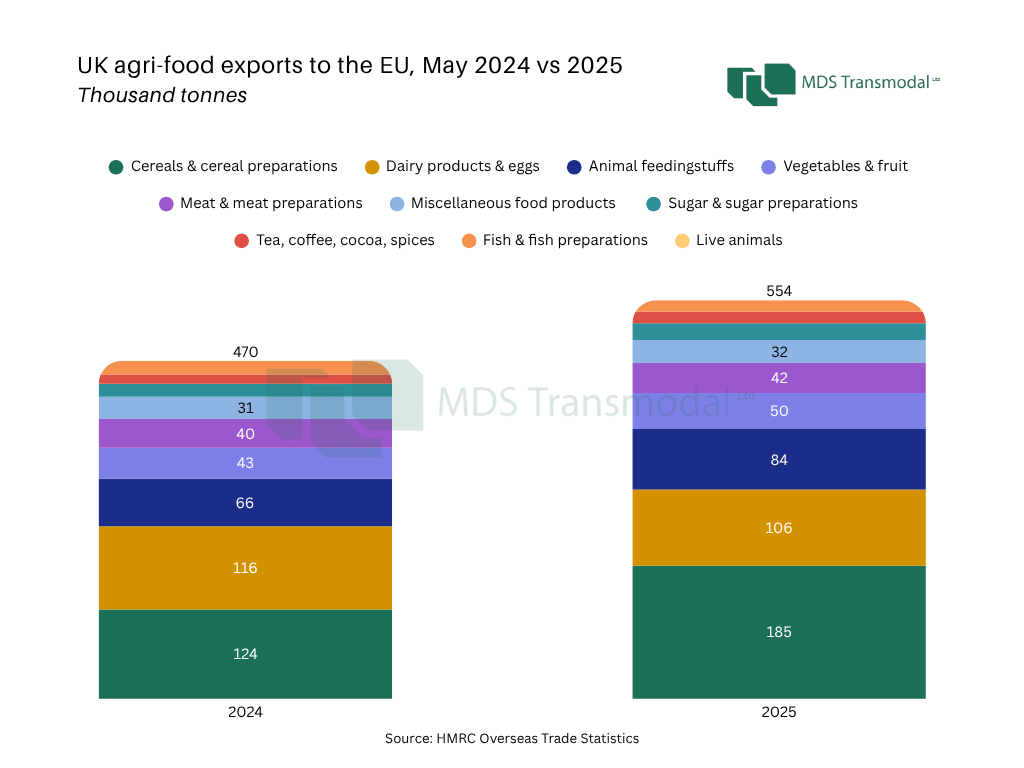
Data comparing UK food and agricultural exports in 2017 and 2024 highlights a significant shift in trade dynamics between the European Union (EU) and non-EU markets, reflecting the impact of Brexit on the UK’s trade relationships. More recently, however, year-on-year figures suggest that a recovery in EU exports may be taking shape. This raises questions about the future of the UK’s agricultural and food sectors, and more broadly, its economic ties with Europe.

Following Russia's 2022 invasion of Ukraine and subsequent Western sanctions, Kyrgyzstan appears to have emerged as a key intermediary in the potential evasion of sanctions on Russia. Analysis of international trade data from the MDS Transmodal World Cargo Database reveals Kyrgyzstan had the fastest growth in imports of three key types of machinery of any country in the world between 2019–2024.
